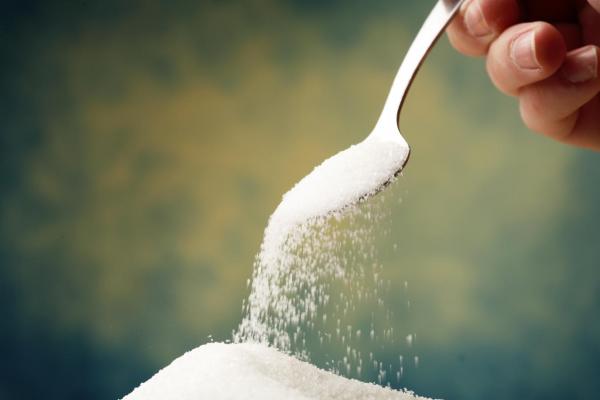2,000 people were shown a chocolate bar label setting out the amount of sugars in the bar both in grams and as a percentage of the total daily allowance (known as the daily reference intake). They were then asked which of six options came nearest to the daily reference intake for sugars in grams.
Only 26% gave the correct answer. Half of those surveyed gave wrong answers and 24% declined to make any estimate, saying they didn’t know. There was a marked difference between men and women, with 36% of men but only 18% of women giving the right answer. The question tested numeracy skills at roughly GCSE-level (have a go at the question here).
Other findings from the survey include:
- 60% of respondents rated their maths and numeracy as excellent or good
- 72% did not feel their maths ability was holding them back in any areas.
- 36% of those questioned said they would like to improve their maths, with the most popular reason being in order to manage their money better (33%).
- Of those who had studies for a Maths GCSE or similar qualification 32% thought that this had not prepared them well for managing money, 36% thought it had not prepared them well for understanding their health, food and diet and 22% of those in work felt it had not prepared them well for their current job.
- There was greater embarrassment about poor literacy than about poor numeracy; 70% said they would feel embarrassed to tell someone they were no good at reading and writing, compared to only 58% saying the same of numbers and maths.
- Women were less confident about their numeracy skills than men; 53% of women rated their maths and numeracy as excellent or good, compared to 68% of men. But women were no more likely than men to want to improve their maths and numeracy.
- People in London were most likely (66%) to rate their maths and numeracy as excellent or good and those in the East of England the least likely (50%).
- Londoners were also most likely (31%) to correctly calculate the daily reference intake for sugars, followed by people in the North of England (29%). Those in Wales were least likely (18%), with people in Scotland and Northern Ireland (both 21%) also scoring near the low end.
Gill Rowlands, Professor of General Practice, Institute of Health and Society at Newcastle University, said: “People need to be able to understand and use numbers to make decisions about their health. The finding that only 1 in every 4 people could understand the sugar information in a nutrition label is particularly important given current World Health Organisation warnings on the rising levels of obesity and diabetes.
“We need to raise awareness of the importance of health literacy, including numeracy skills, amongst the public, education providers and health services, and work together to improve numeracy skills for health.”
National Numeracy chief executive Mike Ellicock said: “The maths you need for everyday life isn’t particularly complicated. But you do need to be able to apply it in all sorts of ordinary situations, whether that’s looking after your health, understanding food labels or working out the best deals in supermarkets.
“Good numeracy skills are clearly necessary for managing health and diet and yet – as this survey suggests – too many people aren’t confident with the numbers. But there really is help out there for people to brush up their skills. The National Numeracy Challenge builds the practical maths skills and confidence needed for all aspects of life – including understanding sugar consumption.”
The National Numeracy Challenge is a web-based service to boost the numeracy skills of adults and young people. It offers assessment, confidence building and learning routes, followed by re-assessment to show progress, and has been used by over 76,000 people since it was introduced two years ago.





